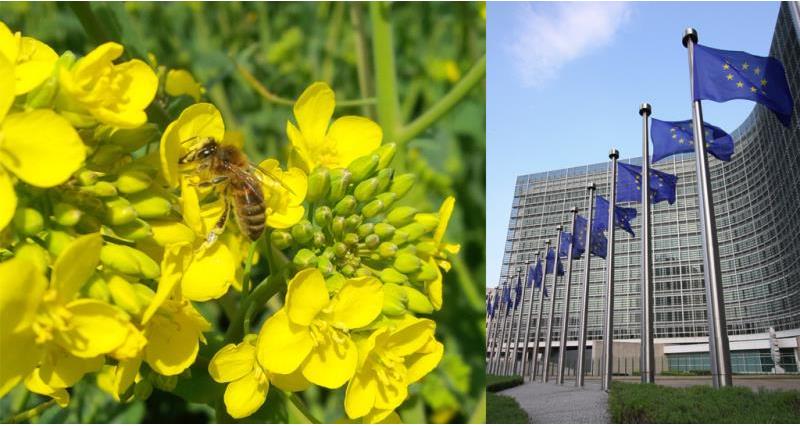When the Standing Committee on Plants, Animals, Food and Feed (SCoPAFF) meets on 12-13 December it is due to discuss the European Commission’s proposals to extend current neonicotinoid restrictions, covering uses on flowering crops, spring-sown cereals and maize, to capture all uses on crops grown outdoors. In the UK, these proposed restrictions would capture all uses on cereals, sugar beet and vegetable crops. The discussions follow last month’s announcement that the UK Government supports further restrictions, but it is not yet clear whether the proposals will be formally voted on at standing committee this week.
The NFU continues to make the case that the evidence around neonicotinoids does not justify restrictions on their use – there is no clear evidence that neonicotinoids are causing widespread declines in bee populations, and there is no evidence that restrictions will deliver measurable benefits for pollinator populations. Our #saveourseedtreatments leaflet illustrates the impacts further restrictions would have on the environment and food production. While the NFU continues to make the case for neonicotinoids, we also encourage our members to continue to do the same – to explain to decision makers (MPs, MEPs, UK Government and EU Commissioners) the impact further restrictions would have on food production and the environment on your farm – and challenge them on what assessment they have made of these impacts.
The NFU also continues to make the case that the European Commission should not be taking any decision until the current European Food Safety Authority (EFSA) review of the evidence on neonicotinoids is published in February 2018, or until the EU General Court ruling is given on the legality of the current restrictions (a ruling due at any time).
